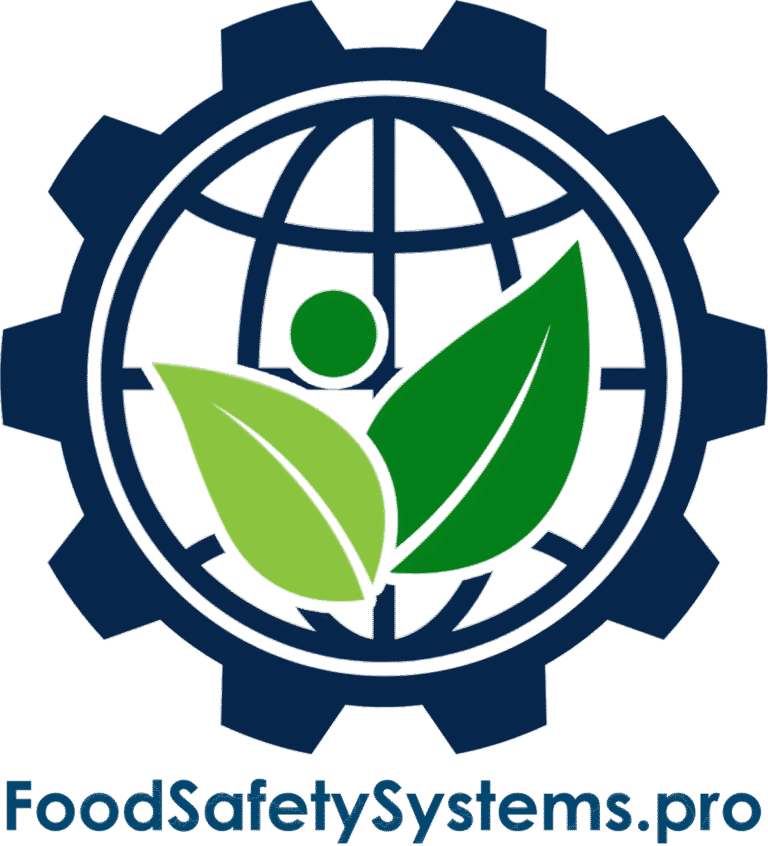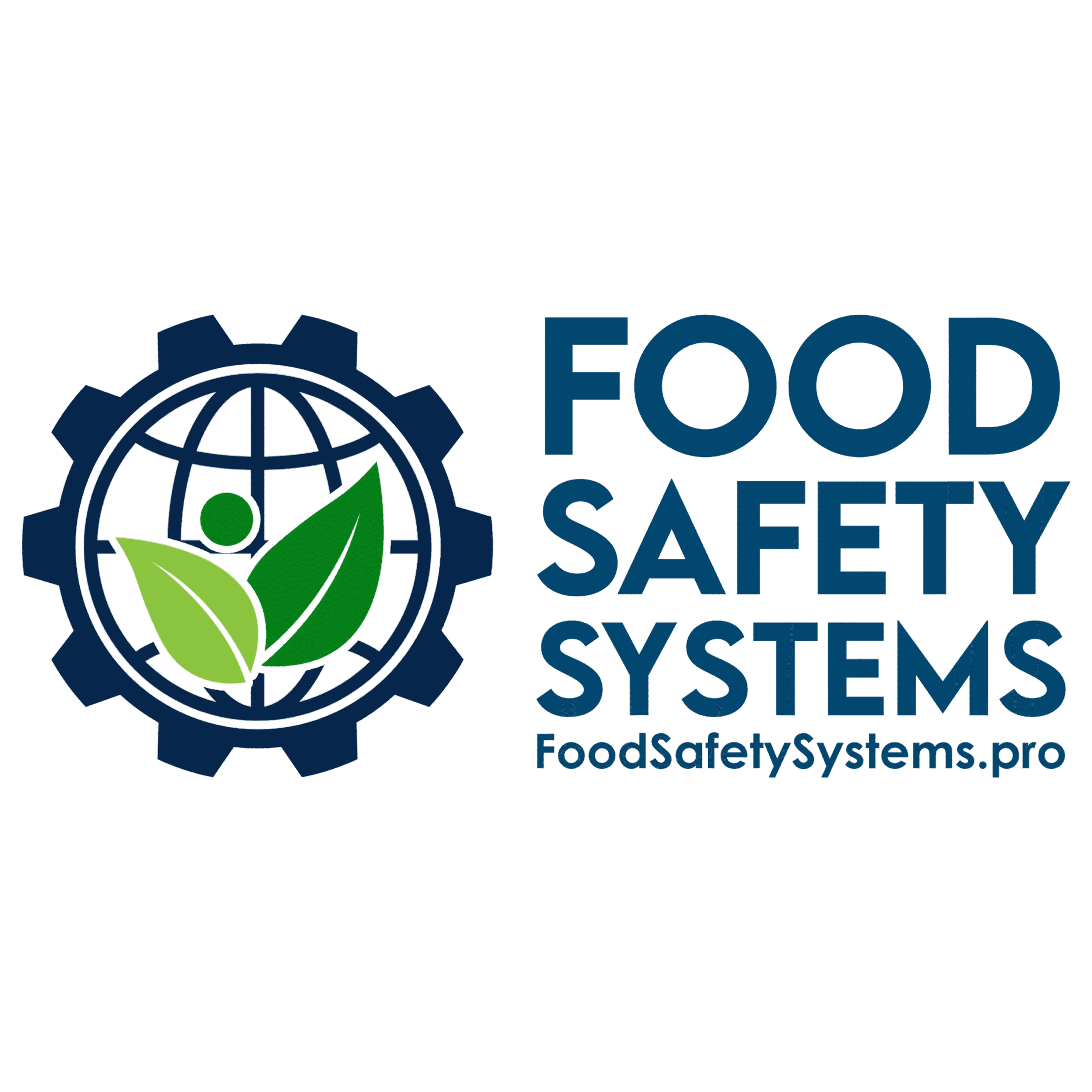Aquaculture Food Safety System Requirements
Guidance Aligned with Global Best Practices and Inspired by Recognized Certification Frameworks
Published by Food Safety Systems | A Service by Consultare Inc. Group – A Compliance Company
Aquaculture operations—whether farming finfish, crustaceans, or mollusks—must address complex challenges across food safety, sustainability, animal welfare, and regulatory compliance. At Food Safety Systems, we help organizations design and implement effective food safety management systems modeled after internationally recognized certification programs.
This guide offers a practical checklist inspired by globally accepted food safety principles and best practices. It draws structural insights from GFSI-benchmarked frameworks, including publicly available elements from the Safe Quality Food (SQF) Program’s Aquaculture Code. This guidance is intended to support facilities preparing for certification or enhancing internal system maturity.

Aquaculture Compliance Checklist
Leadership Commitment & Food Safety Culture
✓ Define and communicate leadership-level food safety and sustainability objectives
✓ Maintain a policy approved by senior management
✓ Establish clear roles and responsibilities through an organizational chart
✓ Conduct annual system reviews to evaluate effectiveness
Document Control & Record Management
✓ Implement a process for document approval, revision, and retention
✓ Maintain legible, traceable, and secure records
✓ Align recordkeeping with applicable regulations or client requirements
Specifications for Inputs & Materials
✓ Set quality and safety criteria for feed, water treatments, medications, and supplements
✓ Source only from evaluated and approved suppliers
✓ Maintain documentation such as test results, COAs, and supplier assurances
Supplier Verification & Performance Monitoring
✓ Keep a current list of approved input and stock suppliers
✓ Conduct evaluations using risk-based tools (audits, certifications, declarations)
✓ Reassess supplier performance periodically
Personnel Training & Competency
✓ Assess training needs for all personnel
✓ Provide targeted food safety and biosecurity instruction
✓ Maintain records of training attendance and content
Operational Best Practices for Aquaculture
✓ Promote aquatic animal welfare through proper stocking, feeding, and environmental conditions
✓ Maintain clean facilities and equipment through scheduled sanitation
✓ Monitor water quality and prevent contamination risks
Allergen Management (If Applicable)
✓ Identify allergens in inputs or processed products
✓ Apply segregation, labeling, and sanitation procedures
✓ Validate allergen control measures as necessary
Food Fraud and Food Defense Risk Mitigation
✓ Conduct vulnerability assessments for fraud or adulteration risks
✓ Implement mitigation strategies including testing and supplier validation
✓ Strengthen facility security with restricted access controls
Crisis Management & Recall Preparedness
✓ Develop and maintain an emergency response plan
✓ Document recall and withdrawal procedures with assigned roles
✓ Conduct mock recalls annually to test readiness
Audit & Validation Activities
✓ Conduct internal audits to verify compliance and system integrity
✓ Validate control measures (e.g., medication withdrawal periods, sanitation outcomes)
✓ Coordinate third-party assessments when applicable
Corrective Actions & Continuous Improvement
✓ Implement a corrective and preventive action (CAPA) process
✓ Monitor food safety performance indicators
✓ Use findings from audits and incidents to improve systems over time
Support for Aquaculture Compliance & Certification
Food Safety Systems offers tailored solutions to help aquaculture producers build certification-aligned programs and continuously improve:
• Editable SOP and document templates
• Internal audit checklists and system review tools
• CAPA forms and workflows
• Supplier verification protocols
• Emergency response and mock recall kits
• Training records and staff development trackers
Let us simplify your compliance journey so you can focus on responsible farming and market growth.
Ready to Strengthen Your Aquaculture Food Safety Program?
Let us help you build a system that’s efficient, auditable, and globally aligned.
Book Your Free Consultation Today
Request a Sample Toolkit
Get a Custom Proposal for Your Operation
Reference Note
This content is adapted from publicly available system structures and compliance principles commonly found in GFSI-recognized certification frameworks, including the Safe Quality Food (SQF) Food Safety Code: Aquaculture, Edition 9, published by the Safe Quality Food Institute (SQFI). For formal certification, applicants must follow the official SQF Code available at www.sqfi.com.
Disclaimer
Food Safety Systems is an independent service provider and is not affiliated with, endorsed by, or certified under the Safe Quality Food Institute or the SQF Program. References to SQF are made strictly for educational and informational purposes. Use of the term “SQF” does not imply any official status, accreditation, or partnership.
Privacy Policy | Terms of Service
Powered by Consultare Inc. Group, A Compliance Company
